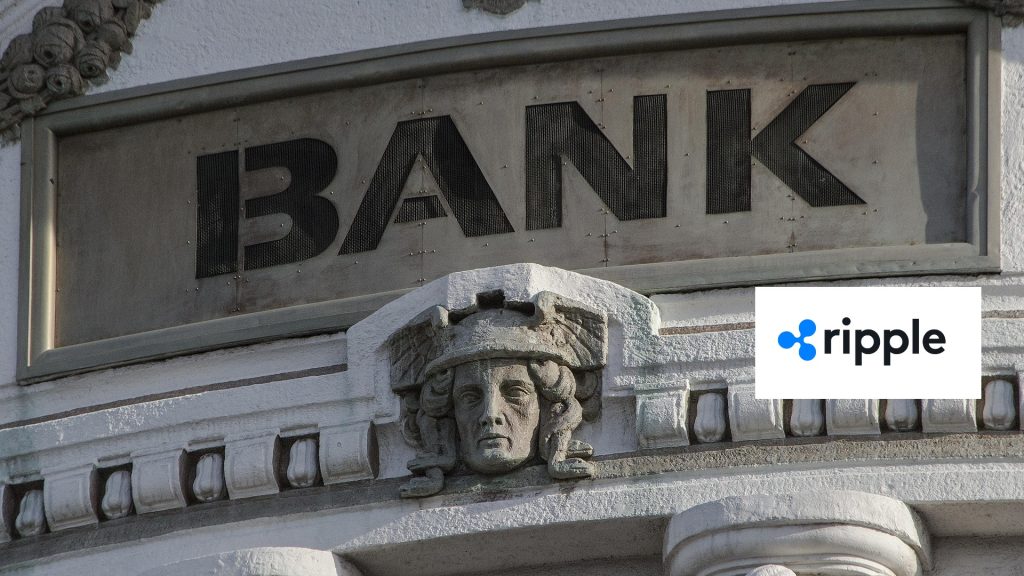In the previous post, we discussed some of Ripple’s partnerships, technologies, assets, and legal aspects. In this new post, I want to go deeper into the regulatory dimension, specifically, Ripple’s application for a banking license that could elevate the company to a legal standing significantly higher than any other crypto firm today.
Ripple has taken a bold step: it has filed an application with the OCC (Office of the Comptroller of the Currency) for a national trust bank charter under the proposed name Ripple National Trust Bank. This filing is public and marks a new regulatory chapter for Ripple in the United States. The approval or denial of this charter will have profound implications for its stablecoin RLUSD, its acquisitions, and its technical integration with the traditional financial system.
What Is a National Trust Bank and What Can It Do?
Under the National Bank Act, the OCC can grant national bank charters that perform fiduciary functions (asset management under trust structures) and related services, but without engaging in conventional commercial banking activities such as public deposits or standard lending.
A national trust bank does not act as a general commercial bank; instead, it performs functions such as custody, fiduciary management, collections, administration of digital assets or trust instruments, and settlement operations for entrusted assets. Due to its regulated nature, this type of bank is subject to federal supervision and must meet strict capital, audit, and transparency requirements.
Strategic Importance for Ripple
With a national trust bank charter, Ripple could manage RLUSD’s reserves under a regime regulated by the OCC. This would add an additional layer of credibility for institutional investors seeking regulatory assurances. It’s worth noting that BNY Mellon has already been selected as the primary custodian of those reserves, further reinforcing Ripple’s institutional intent.
Part of the purpose of this charter is to enable deeper connections with central systems, possibly through a master account with the Federal Reserve (Fed). If obtained, Ripple could execute more direct settlements, reducing intermediaries and improving operational efficiency for global payments with RLUSD and other liquidity solutions.
Having a regulated banking arm would facilitate the integration of financial services (custody, settlement, liquidity) within acquisitions such as Hidden Road and Standard Custody. Moreover, Ripple’s infrastructure, such as XRPL, DEX/AMM, and tokenization frameworks, could use the trust bank as a “regulated gateway” for institutional services requiring a direct link to the traditional banking system.
Risks, Limitations, and Opposition
Many traditional banking associations, such as the ICBA, have formally opposed granting charters to crypto companies, citing concerns about uneven regulatory competition.
Additionally, OCC Interpretive Letter 1176 limits the activities that fiduciary-purpose banks may perform, potentially restricting some of Ripple’s intended operations. Consequently, the regulatory process could be lengthy and rigorous, involving reviews, public hearings, capital requirements, and legal evaluations.
Even if the charter is approved, it is not meaning that Ripple will replace SWIFT or immediately eliminate banking intermediaries, the global transition depends on institutional adoption and multinational agreements.
In conclusion, Ripple’s application for a national trust bank charter is a strategic move with the potential to transform its institutional profile. If approved, RLUSD would gain strong regulatory backing, Ripple could operate as a federally regulated financial entity in the U.S., and its technical acquisitions could integrate more closely with regulated banking services.
This step represents a convergence between Ripple’s technological ambition, with XRP in the middle, and the institutional legitimacy needed to scale globally. However, success is not assured: it will depend on regulatory decisions, the terms of the charter granted, and the political will within the U.S. financial system.
Sources:
OCC — Application details “Ripple National Trust Bank”
“Corporate Applications Search Result Details”. apps.occ.govReuters Report. Reuters
BNY Mellon press with Ripple. BNY
In opposition letter (ICBA / ABA, etc.). Banking Dive+2American Bankers Association+2
OCC Interpretive Letter 1176. OCC.gov
ICBA Formal letter. ICBA
The Block / CoinDesk / report about Ripple application. The Block+1
PYMNTS (Fed payments). PYMNTS.com
